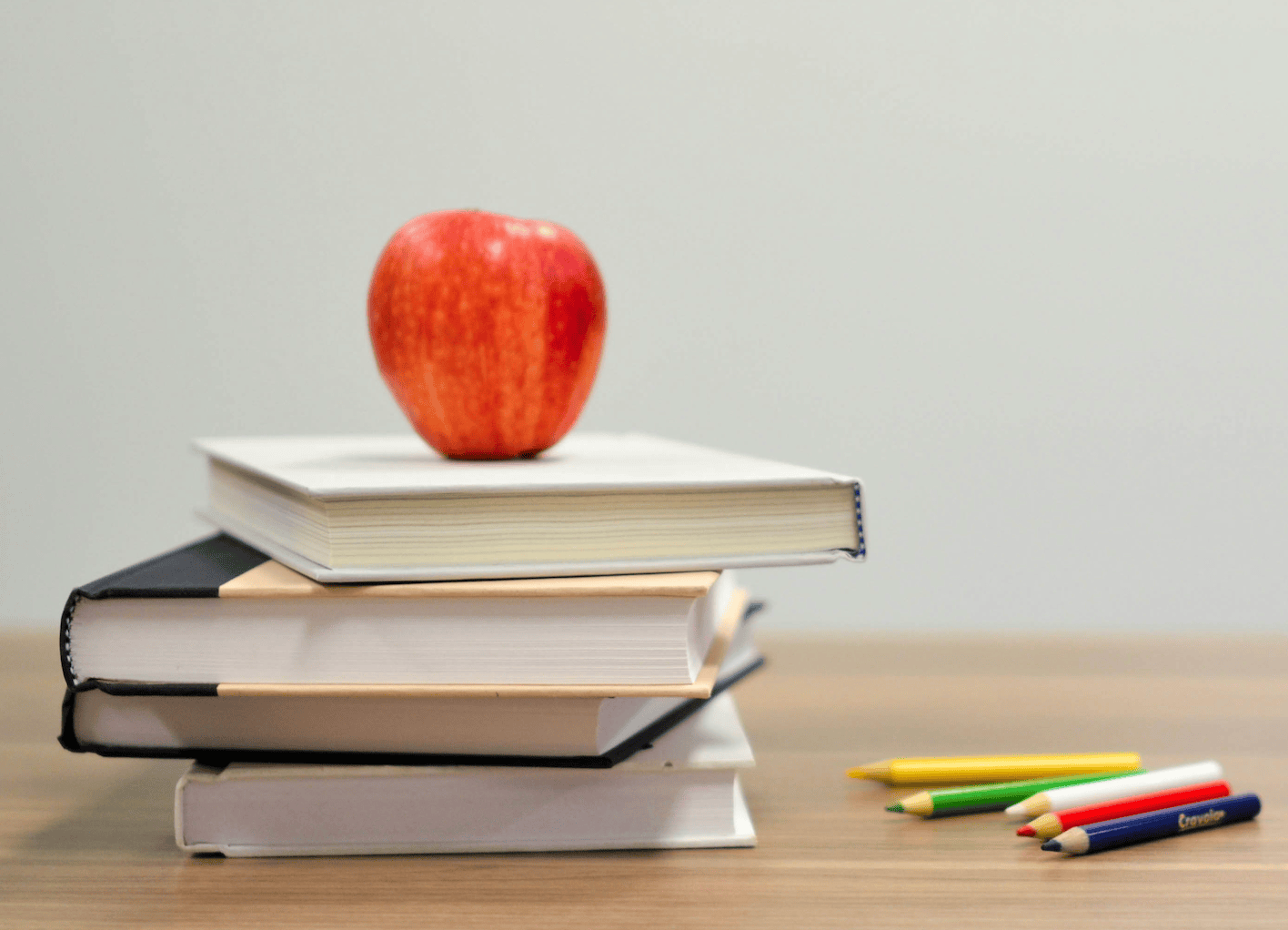Every where I go - it seems music teachers have questions about parental involvement. Should music teachers require parents to attend their child’s music lessons? Is it advantageous for music teachers to require parents to monitor their child’s practicing at home? How much should parents be involved? How much should parents step back from their child’s musical journey? What should music teachers do?
To answer these compelling questions, a good place to start is by looking at what's gone on in the past. Let's take a quick look at how music teachers and parents have interacted with each other from a historical perspective.

Ever since the beginning of time, teachers have enjoyed an honourable social status. From ancient times to modern days, people have relied on teachers as authorities based on their knowledge and expertise. It’s because teachers are authorities that parents have turned to teachers again and again - certain that teachers’ expertise will bring enlightenment and growth to their children’s own personal development.
That probably explains why during my own childhood growing up in the 1950s and 60, parents dropped off their children for music lessons. It was an era of minimal interaction between teachers and parents that had a lot to do with teachers as authorities. Teachers chose to work with minimal input from parents as an acknowledgment that teachers knew what they were doing - they were the authorities - and they kept parents at a distance because they didn’t want parents getting in the way. So parents dropped off their children for lessons - no questions asked. That was that.

During the 1970s and 80s, the influence of teachers as authorities evolved in response to two different occurrences. This was the period during which the Suzuki Method gained a significant foothold in North American music teaching. And along with it came the emphasis on parent participation.
At the same time, governmental institutions in Europe and North American recognized the need for parents to be more involved in the education of their children. Instead of parents being kept at a distance as evident prior to 1970, parents were encouraged to get involved with their children’s educational pursuits. That explains why - in the music education environment from this time forward - we see a gradual increase in books and resources written to help parents with setting up the home musical environment and giving parents the task of becoming teachers at home.

What does this mean for music teachers working with parents?
From this brief examination, we see how music teachers come from a long and highly established tradition of teachers as authorities which sheds light on two major results. Firstly, it means teachers have a history of keeping parents at a distance. And more recently, it means parents relinquish their own parental instincts in favour of taking on the teachers’ values and the role of teacher at home.
An interesting start to our journey into music teachers working with parents. Don't you think...
Can you see how music teachers as authorities has an impact on your teaching?
What does this exploration reveal about your role as music teacher?
